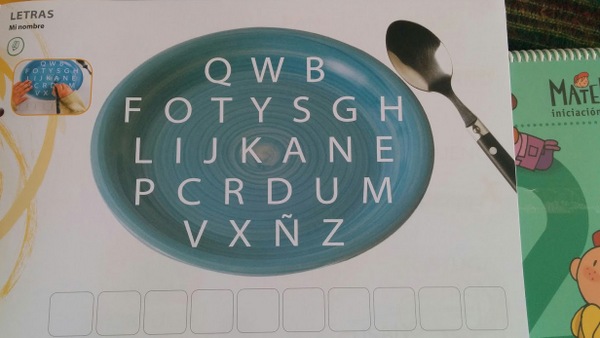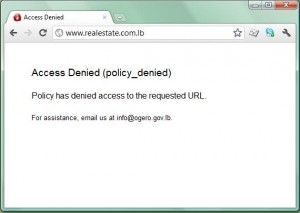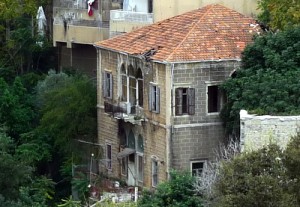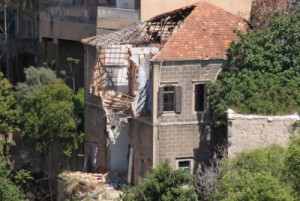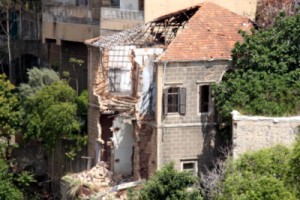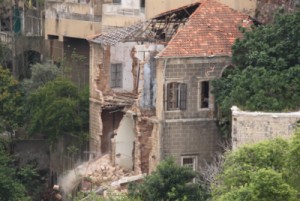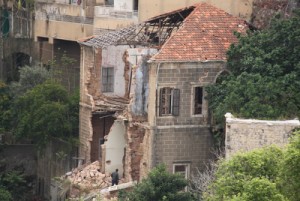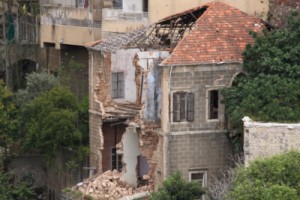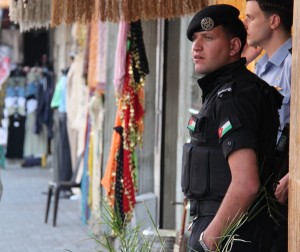Finales ought to be exciting. Be warned: this one isn’t. True to many people’s expectations, we didn’t get a place for my 4 year old at the nearest school. Not at first, that is. Following the application in March 2015, I returned a fortnight later as instructed to find, not the results of the application process, but the first stage of the results. It was a list of applicants and which class they had applied to at the school, along with the number of points each child had been awarded.
Since we parents already know which class we applied to, this seemed a little superfluous, but actually wasn’t, since they had my daughter down with the 3-year olds, whereas in 2015 she turns four. (Spanish school works on a Jan-Dec birthday basis.) I remembered them actually writing “4 años” with an orange highlighter on the file they made for her, so I wasn’t worried, and sure enough they sorted it out within a week with no harm done.
Over a month later, at the next stage of this lengthy process, they posted a list of those kids who had been accepted by their first choice of school, and those who hadn’t and were still in limbo. My daughter was on the second. Since the class I had applied to was already full, all the kids having started the year before, the three applicants for it were all refused, regardless how many points they had. I was told I had to wait until other schools knew what places they had before opting for one of my less-preferred choices.
In a final twist to the school application saga, though, while we were in Lebanon, friends called and told us that our kid had after all been accepted. I suppose others had moved out, or our preferred school had stretched its numbers a little bit, as public schools sometimes have to when more people move into their catchment areas. That was early June. On the first working day we were back in Spain, a Friday, I went and got the matriculation papers, which were due by the final deadline of the following Monday, 8 June.
Now it’s late August and I have obtained the school books we were told to get – 50 euros worth for about six brightly coloured workbooks. All I need to know is when term starts. Cue another trip to the school, where I was told: “About 10 September.” Which is as much as I already knew.
For the rest of the saga: School Enrolment in Spain Part 1, Part 2 and Part 3.
